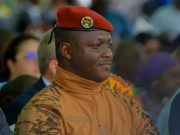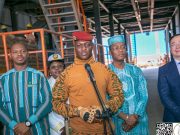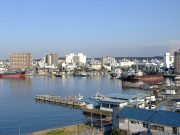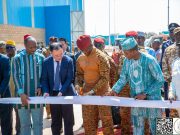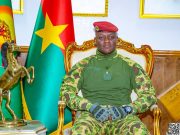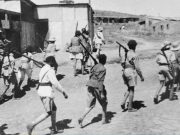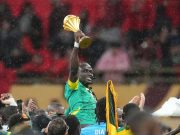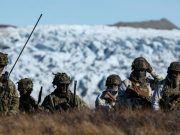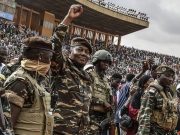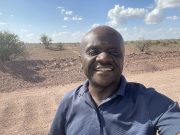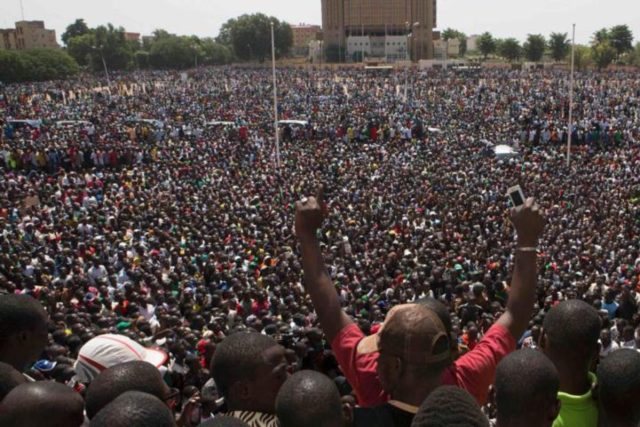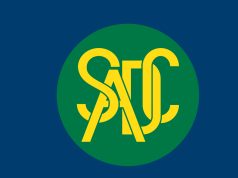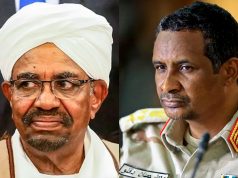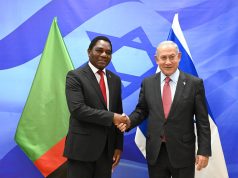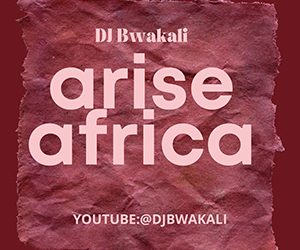On October 30th as the day progressed, the protests grew more violent. Ouagadougou witnessed a turning point in Burkina Faso’s history. Thousands of citizens overwhelmed the state broadcasters, set the homes of Compaoré’s relatives aflame, and marched with a rage that could no longer be silenced. The clattering of tear gas canisters hitting the pavement and the sporadic bursts of gunfire from the presidential palace could not keep them at bay. This was the voice of a people long ignored. As he followed this unfolding uprising, Traoré began to understand that true power did not rest in the hands of the government, nor in the weapons they wielded. It lay with the masses willing to risk everything, for their freedom.
Even as the government imposed martial law and sealed borders, the people of Burkina Faso refused to be cowed. The unrest had grown for months, building with every new attempt by Compaoré to extend his rule beyond its constitutional end the following year. The protests evolved beyond opposing a bill to extend presidential terms, becoming a broader struggle to reclaim the people’s dignity. Traoré pondered over this storm of frustration that had been brewing since the day Compaoré took power in 1987.
As protests intensified over several hours, a government spokesman announced that the controversial term extension bill for Mr. Compaoré had been withdrawn. Despite this concession, protests persisted. Mr. Compaoré later announced on radio that the government had been dissolved. He pledged further dialogue with opposition leaders to resolve the crisis. Shortly after, he made a brief televised address, asserting his intention to remain in office. But when protests persisted, he relented. Twenty-seven years after he killed Thomas Sankara so that he could replace him as President, the people kicked him out.
The streets erupted. It was a moment Traoré would never forget. The people’s glorious uprising had resulted in the president’s inglorious fall. Even as curfew was announced and promises of an interim government were made, Traoré knew this was just the beginning. Real change could not be dictated from a government communiqué or imposed by military curfews. It had to come from the people themselves. And in their uprising, Traoré found himself not a soldier defending a collapsing regime but a man beholden to the cause of ordinary citizens. He didn’t discard his army uniform, but he embraced the people tighter, believing he could still use his uniform to serve them more effectively.
